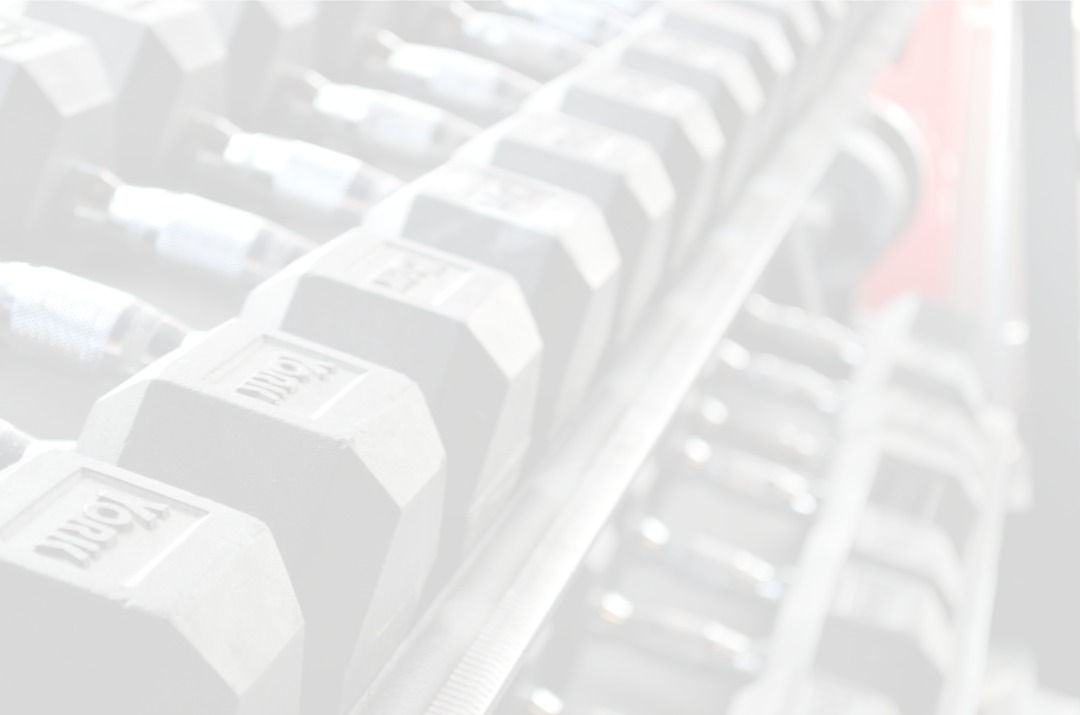THE KETO DIET - TRUTH, LIES, & EVERYTHING IN BETWEEN
- TuttleFitNut

- Mar 1, 2020
- 6 min read
I review the pros and cons of the keto diet and if it’s the right diet for you.
I never planned on writing about the ketogenic diet but that all changed when I began studying nutrition. All my friends knew that I was going back to school to get my nutrition degree. This led to my friends asking me tons of questions about stuff they’ve read online and the most common questions I got asked were “What is the keto diet? And will I lose weight?”
I was already intrigued by this new trend but I noticed this trend was spreading like wildfire so I was determined to research the truth behind the keto diet so I could accurately educate my friends on it. My goal was to find out what it is, if this diet is just another fad diet, the potential benefits and any possible dangers. Let’s just say the results were very interesting. Enough so that I decided to write an entire blog post on it!
What is the Keto Diet?

Let’s give you a brief intro on the ketogenic diet… If you haven’t already jumped on bandwagon. The keto diet is a super high fat intake of 65-75% fat, a very low carbohydrate intake of less than 5%, and a moderate protein intake of 15-20% of food daily. Surely, not the most balanced of diets according to the Institute of Medicine that states your diet should contain 10-35% of protein, 45-65% of carbohydrate and 20-35% of fat. That begs the question of how to meet that twisted macronutrient distribution you see in the keto diet?
In order to reach that 65-75% you need load up on meat, fish, eggs, butter, oils, cheese, heavy creams, nuts, seeds, avocados, and green vegetables that are low in carbs. And yes, sorry all carbs lovers but you must cut out all your carb sources including grains, rice, beans, potatoes, milk, cereals, fruits, and sweets. This kind of restrictive diet can make anyone run for the hills but my goals here is to give you my honest unbiased thoughts on the ketogenic diet.
What is Ketosis?
Ketosis is a natural and normal process that occurs when your body doesn't have enough carbs to burn for energy. So, what does your body do? It burns fat and makes substances called ketones, which your body uses for fuel instead.
Is this an optimal solution for our bodies? Well, our bodies usually run on glucose aka dietary carbs, including sugars and starchy foods. Glucose gives us the energy we need to function on a daily basis. If we don’t get enough glucose in our system, our body searches for alternative forms of energy. That’s where the fats come in. Our insulin levels drop and fat is released from our cells which overwhelms the liver then turns it into ketones.
These are acids that build up in the blood and leave the body in the urine. Hence why we test if you’re in ketosis via a pee test. It is important to note that in small amounts, ketones indicate that the body is breaking down fat. Yay! However, if high levels of ketones are present, they can poison the body and lead to a condition called ketoacidosis. Oh no!
The take away, our brains can function without carbs, but carbs are your bodies preferred source of energy. It is extremely important that you test your ketones to make sure your levels are stable.
Keto History

Where did the keto diet come from? Amazingly enough this was not some random fad diet the media decided to glorify or some random person made up without a medical license. The ketogenic diet was introduced by modern physicians as a treatment for childhood epilepsy in the 1920s. Guess what? It’s still being used today to treat epilepsy. The research behind this suggested that the production of ketones may influence neurotransmitter activity allowing for a reduction in epileptic seizures.
A recent study was done to discover the efficiency of the ketogenic diet so they conducted their own trial on children with epilepsy. A total of 54 children were on the ketogenic diet for 3 months. The mean percentage of baseline seizures was significantly lower at the end of the 3-month trial. 28 children in the diet group had greater than 50% seizure reduction and 7 children in the diet group had greater than 90% seizure reduction. In the end, the results from this trial support the use of the ketogenic diet in children with treatment to epilepsy.
Keto Review on Cardiovascular health

What about your heart health when on the keto diet? There is some evidence that a keto diet may improve triglyceride, HDL and LDL levels. One study tested the ketogenic diet on 26 people over a 3-month time span. The results spoke for themselves with a decrease in blood pressure, improved plasma lipid levels, and a significant decrease in triglycerides levels. An even more recent study found that the keto diet improved triglyceride, HDL and LDL levels. I can safely say that there needs to be more testing done on the long-term effects and there is a lack of research on the short-term effects but it appears the keto diet is effective in improving your cardiovascular health.
Keto Review on Type II Diabetes
How about Type II diabetes and the keto diet? Luckily, there is a substantial amount of studies done on the effects of Type II diabetes while on the ketogenic diet. In one study, a low-carbohydrate diet was compared to a low-carbohydrate ketogenic diet over a 24-week span. 363 people completed the study and 102 of them had Type II diabetes. At the end of the study, the participants experienced improvements in glycemic control in both groups. However, the low carb keto group had greater improvements in hemoglobin A1c and higher HDL levels when compared to the low-carb group.
A 12-month long-term study done in 2017 found that a low-carbohydrate ketogenic diet led to greater reductions in HbA1c and body weight. Concluding that a keto diet may be effective at improving glucose control.
Keto Review on Weight Loss

Here’s the section we’ve all been waiting for, is the keto diet effective for weight loss? Yes, but here’s why. You’re eliminating a macronutrient from your diet. When you do this, you are limiting the types of foods you can eat which goes hand-in-hand with your food intake so it doesn’t take a genius to know you’ll most likely lose weight. In 2016, a 3-month trial was conducted on the keto diet. 60 participants started with an average BMI of 39.9 and weight of 236 showed an average loss off 11 pounds and a 7% decrease in BMI. The study resulted in significant composition changes with significant decreases in body fat, visceral fat and an increase in fat free mass.
Another 12-week study was done using the keto diet on 35 adults with obesity. After the 12-week trial, weight loss showed a significant result in an average weight loss off 33 pounds. Overall, the study resulted in a decreased appetite, significant weight loss of participants, decreased emotional and external eating, increased body image satisfaction and improved physical performance.
Keto Diet Side Effects
Keto flu – When people start the keto diet, they tend to show flu-like symptoms when in ketosis. This is due to our bodies being unfamiliar with using ketones for energy. These symptoms may include fatigue, brain fogginess, headaches, nausea and even poor endurance. The only good news here is majority of people claim these side effects subside after a week or so.
Off smells- You can also get bad smelling breath, sweat and even pee. Gross! This is from the acetone being produced.
Constipation – Surprisingly, this is the most common side effect when on the keto diet.
Loss of muscle mass – There is a concern with the keto diet in the potential loss of muscle mass. Some research suggests that a low carb diet may promote muscle loss.
High cholesterol – Since the keto diet is high in fat, there is a concern that the high intake of cholesterol could raise triglyceride levels, total cholesterol levels, HDL and LDL in the long-term.
Mineral deficiencies – Those on the keto diet are most likely missing out on crucial vitamins and minerals such as sodium, potassium and chloride. Those on the diet are typically supplemented with a table salt tablet.
Keto or no keto?

Well, there are a lot of factors to consider here. I believe that removing an entire macronutrient from the diet makes living a healthy sustainable lifestyle way more difficult. That’s generally why fad diets don’t work. The keto diet removes carbs form the diet almost completely. Carbs are our body’s main source of energy. They promote muscle growth, endurance and give us the energy we need to get through the day. Most importantly we need them to function properly and efficiently.
I am a true believer in everything in moderation. My goal is to live the happiest, most sustainable life possible and any diet that has you worried about what you can and cannot eat is a big no for me. However, we must also consider what we need as a person. There is always an exception to everything. If you are considering the ketogenic diet, I must advise you to speak to your doctor first to find out of the diet is right for you.










Comments